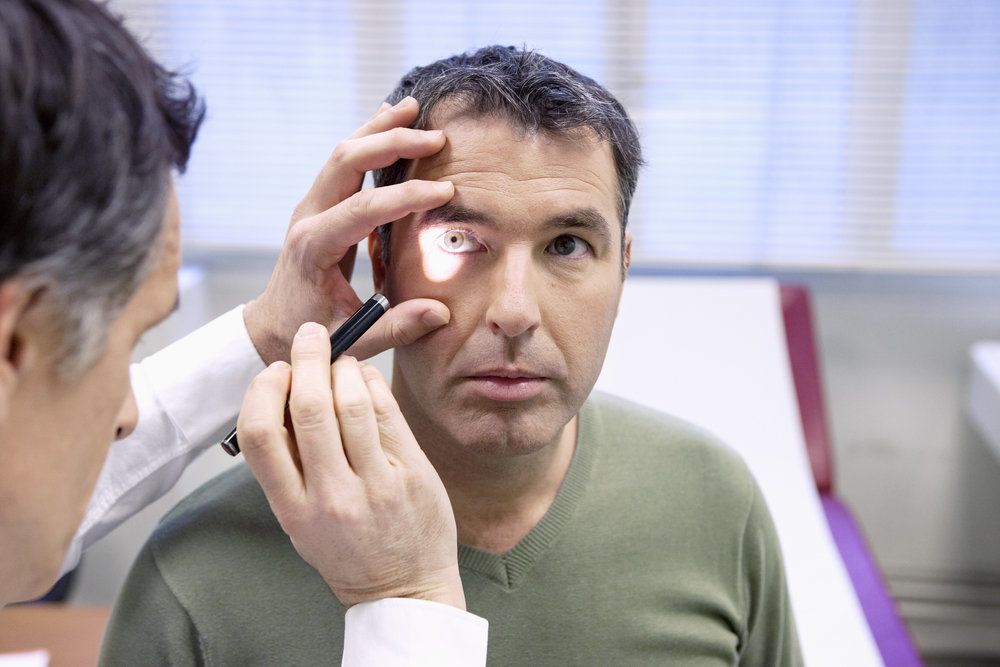How Often Should I Have an Eye Exam?
 Regular eye exams allow you to have your vision monitored by professionals on a routine basis. In essence, this helps you experience clear vision and have healthy eyes from childhood well into your golden years. These exams start early and continue as you get older.
Regular eye exams allow you to have your vision monitored by professionals on a routine basis. In essence, this helps you experience clear vision and have healthy eyes from childhood well into your golden years. These exams start early and continue as you get older.
The team at our Nashville vision center is pleased to offer eye exams and vision testing for people of different ages. Since eye exams can be performed starting at a young age, let's consider the frequency of eye exams for different age groups, starting at the beginning.
Eye Exams for Babies and Toddlers
The American Optometric Association recommends that a child's first eye exam should be around 6 months old. This will allow eye doctors to identify any issues with a child's vision or the anatomy of a child's eye at a very young age. Addressing such matters early in life can make a major difference. Treatments or therapies can be performed when prudent and planned for in advance.
Eye Exams for Young Children
A child's next exam should occur around 3 years old. Again, this will allow any vision problems present at an early age to be addressed as soon as possible. Another eye exam should be considered just before your child starts kindergarten. Typically this means by age 5.
Eye Exams for K-12 Children/Teens
Between the ages of 6 and 18, your growing child should attend eye exams every two years, often beginning just before first grade. As your child matures into adolescence and adulthood, they will receive the care they need to see clearly and to have healthy eyes.
If your child is prescribed glasses or contact lenses, an annual eye exam is recommended. Yearly checkups will help monitor the progression of any refractive errors or other conditions that affect the vision.
Eye Exams for Adults
During adulthood, you can expect to undergo an eye exam every two years. At this point the eye exams are to monitor overall eye health and to note any progressive or degenerative problems as they arise. Expect to keep up this sort of schedule until the age of 60. If you wear glasses or contacts, an annual eye exam is recommended.
Eye Exams for the Elderly
As you reach your golden years, you become more prone to a number of condition that lead to vision loss. This includes cataracts, presbyopia, macular degeneration, and so forth. By age 61, you'll want to have an annual eye exam. This will help keep your vision healthy as you grow older.
Keep in Mind: Frequency Can Vary
As you might have noticed, the frequency of eye exams can vary based on a number of factors. Your general practitioner may recommend more frequent eye exams in some cases depending on your vision and your eye health needs. Follow your personal recommendations closely.
Learn More About Eye Care and Vision Exams
For more information about attending eye exams and improving your vision, be sure to contact our eye care and vision center today. We look forward to your visit and discussing your vision concerns with you in greater detail.



